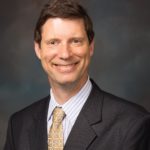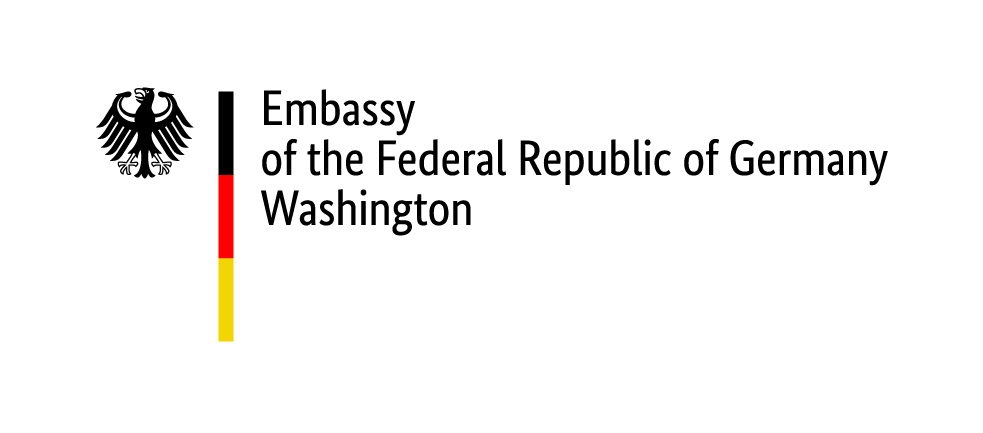Want to pose a question before or during the event?
Go to stimson.org/questions/
Security, climate sensitivity and access to affordable and dependable electricity are critical factors in the health and success of a society. They can mutually reinforce each other in positive and negative ways; they can also be combined to illustrate the scale of the challenge a society may face. Yet, our understanding is limited of how they interact and what that means for policies and programs. Evidence is dispersed, uneven and often only anecdotal. There is ample appetite for relevant and specific data along with specific cases.
Better understanding of the evidence can lead to possible solutions. UN Peace Operations are one vector. They are deployed in conflict or post conflict countries, working on a range of peacebuilding and conflict resolution related efforts. As the UN begins to put more resources towards transitioning to renewable energy in field missions, there will be opportunities and impacts that relate the peace and conflict dynamics in the countries where these missions are deployed.
This discussion, the second of the Climate Talks of the German Embassy in the U.S., aims to explore this possibility further and deepen our collective thinking and understanding and how best to leverage the presence of UN Peace Operations in fragile states to adopt renewable energy technologies that can contribute to building lasting peace. Increased renewable energy capabilities reduces the need for fossil fuels, including related supply chains that can fuel instability and violence, and brings the promise of sustained economic development. It seeks to illustrate examples of where this potential exists, identify examples of where and how it has been demonstrated, and to understand what the necessary ingredients are to realize it.
This panel is the second of a series of Climate Talks with the German Embassy to the United States. The other talks, which are taking place over the course of the fall of 2023, cover:
- Climate Change and Small Island Developing States
- Climate Finance
- Climate Change and Gender
- Climate Change and the Global South
Featured Speakers

Tegan Blaine, Director, Climate, Environment & Conflict, USIP

August Ting Mayai, Managing Director, The Sudd Institute

Dr. Benjamin Pohl, Head of Programme Climate Diplomacy and Security, adelphi (Virtually)
Discussant

David Mozersky, Energy Peace Partners President (Virtually)
Moderator

Andrew Hyde, Senior Fellow & Director, Powering Peace program

